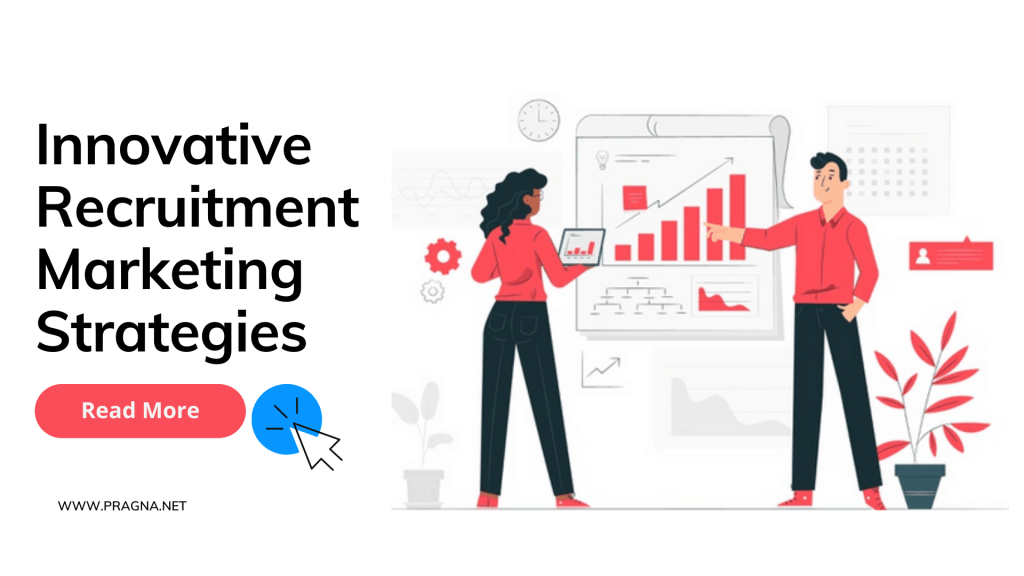The first thing that comes to mind when we hear the term “Recruitment marketing” is probably various methods used to attract active and passive candidates to build a pipeline. It includes everything from your organization’s employer branding and job advertising to your candidate engagement and conversion strategies.
For a few people, this may seem like a lot to take in. But each and every step plays a significant role in creating an efficacious, well-rounded recruitment marketing approach for your business. It’s quite alike to how marketers engage and convert clients.
Let’s understand this whole process step by step. Recruitment marketing funnel consists of mainly four stages:
1. Entice
Top talent is not easy to find everywhere on the planet. Majority of candidates are passively, looking out for jobs. But passive candidates can quickly become active if they come across a right opportunity. They key to find passive candidates is by thinking and analyzing like them.
The major means to reach out to them should include both in-person networking combined with social media platforms like as LinkedIn, Twitter and Google+, Facebook etc.
One way could be to do job postings in similar LinkedIn Groups. To make great candidates to apply to your jobs, you should promote your company as a potential employer. Spotlighting your company’s success brings to attention the positives of your company. This branding can help get the term out about your company.
2. Engage
After evolving a candidate’s interest, the next step should be to engage them. Tactics like providing a potential candidate with details that will boost his interest levels in your company. For this to be successful, to develop content that is logical and closely related to your employer branding campaign.
3. Convert
Your pitch is set, now it’s time to reel them in. Now that the candidate has shown consistent interest in your company, it’s time to speak about your opening in detail and how it is different from other jobs in the market. Also, you can provide more specific information about your company as a potential employer, the benefits, perks, compensation you offer and everything else an applicant needs to know before concluding and making a decision to apply.
4. Hire
This is the final step where the candidate is interviewed and hired. But an absurd interview process can turn down a candidate’s interest. Simplify the hiring process short and simple starting from applying to job. Trim out any unnecessary qualification and application requirements, and provide them with all the juicy details of your offer.
One of the key components of victorious recruitment marketing is using the mindset of a marketer. That means approaching candidates not for their resumes; but as consumers that needs to be impressed, and won over. Because today’s candidates expect a lot more from the recruiting process.
To conclude, jobseekers are driving the job market. There are more job openings than potential applicants, thus leaving more options for candidates to choose from. Candidates are more selective and resourceful; they tend to compare company’s strengths and weakness before applying to jobs. In this environment, recruitment marketing is the only solution to excel.
A good marketing strategy enables recruiters to lure right candidates even before they submit an application and the hiring process is in full motion. Curated marketing efforts can help you find great hires quicker. Data driven reports can be used to track down the performance and make changes accordingly.
